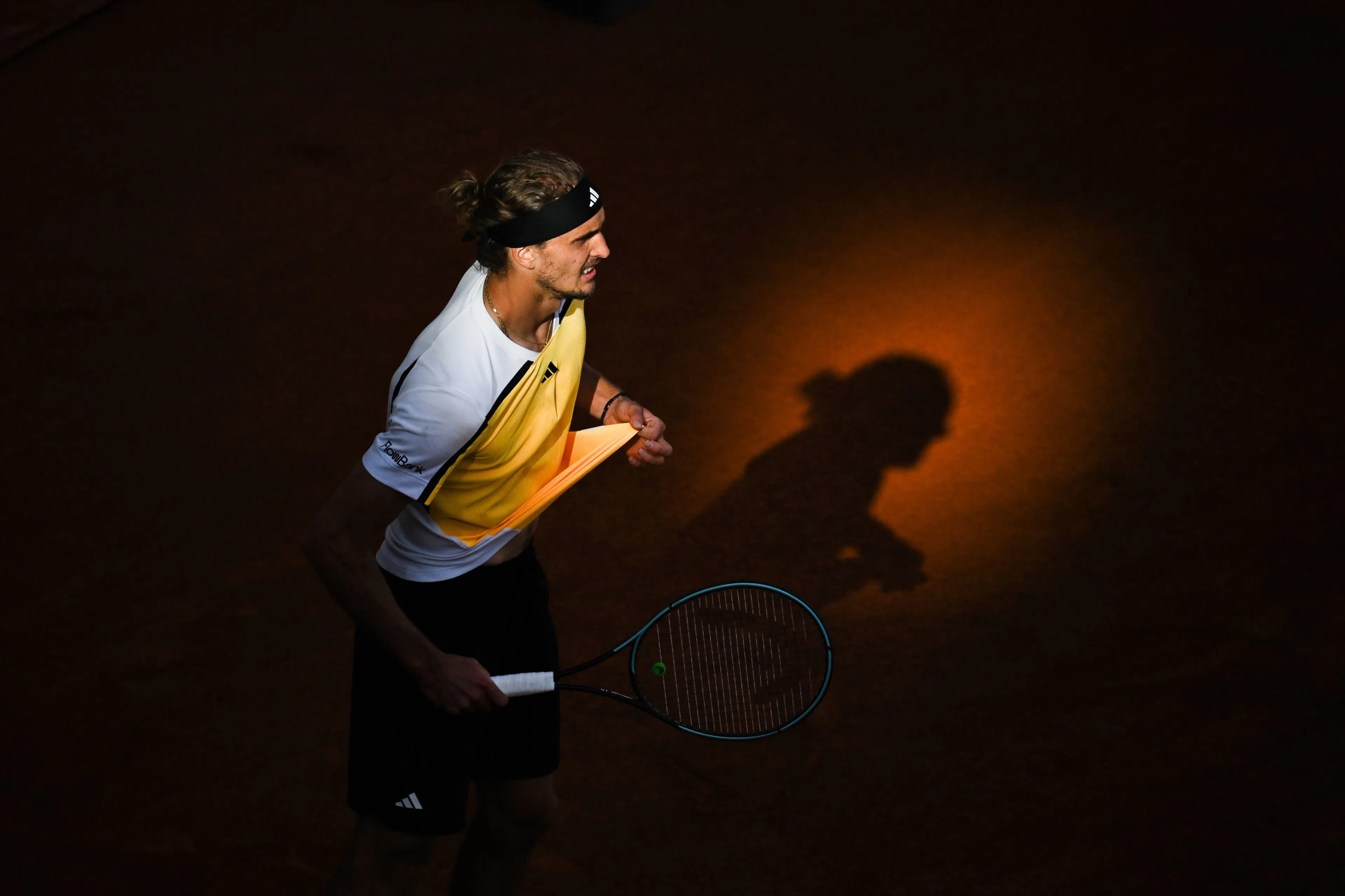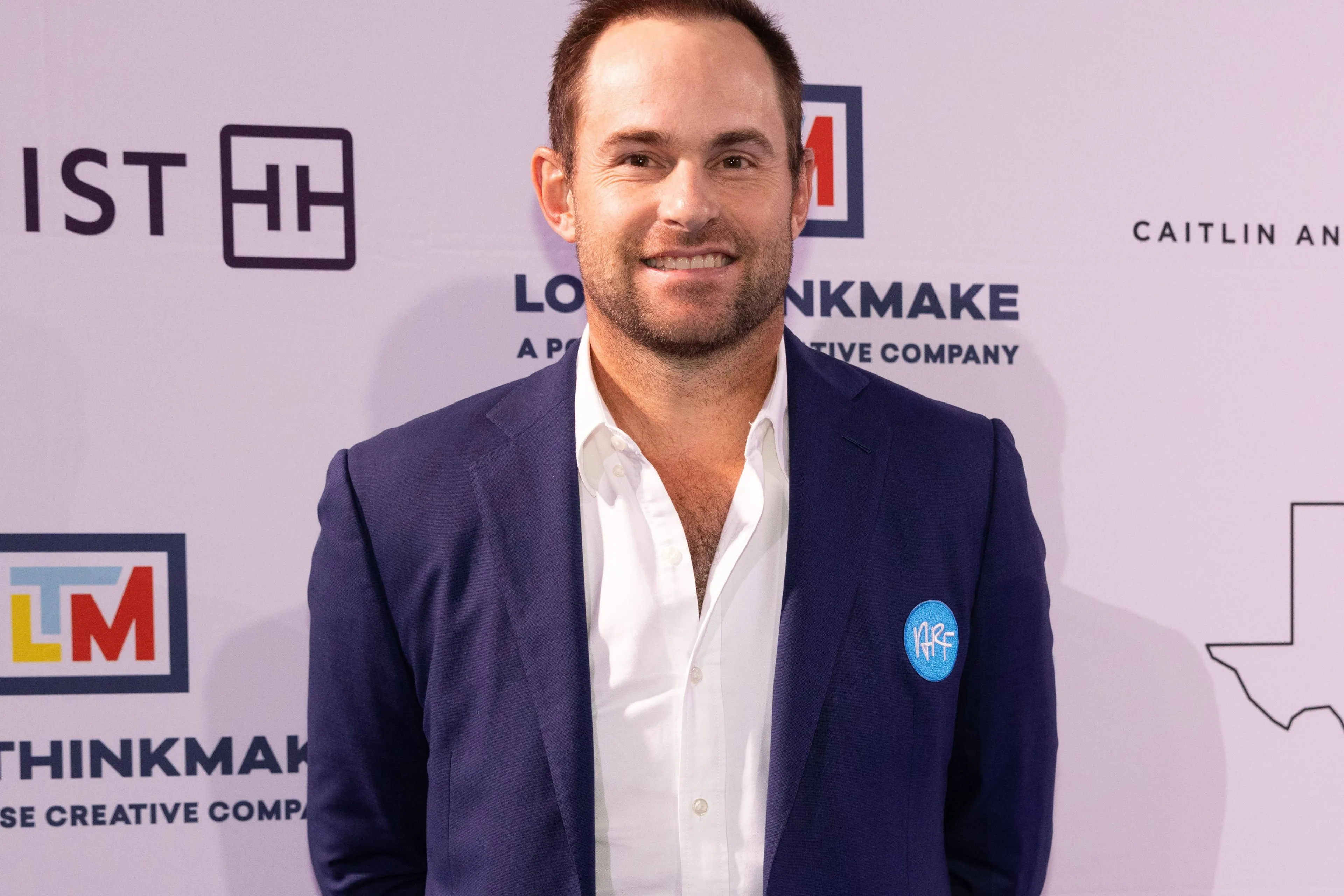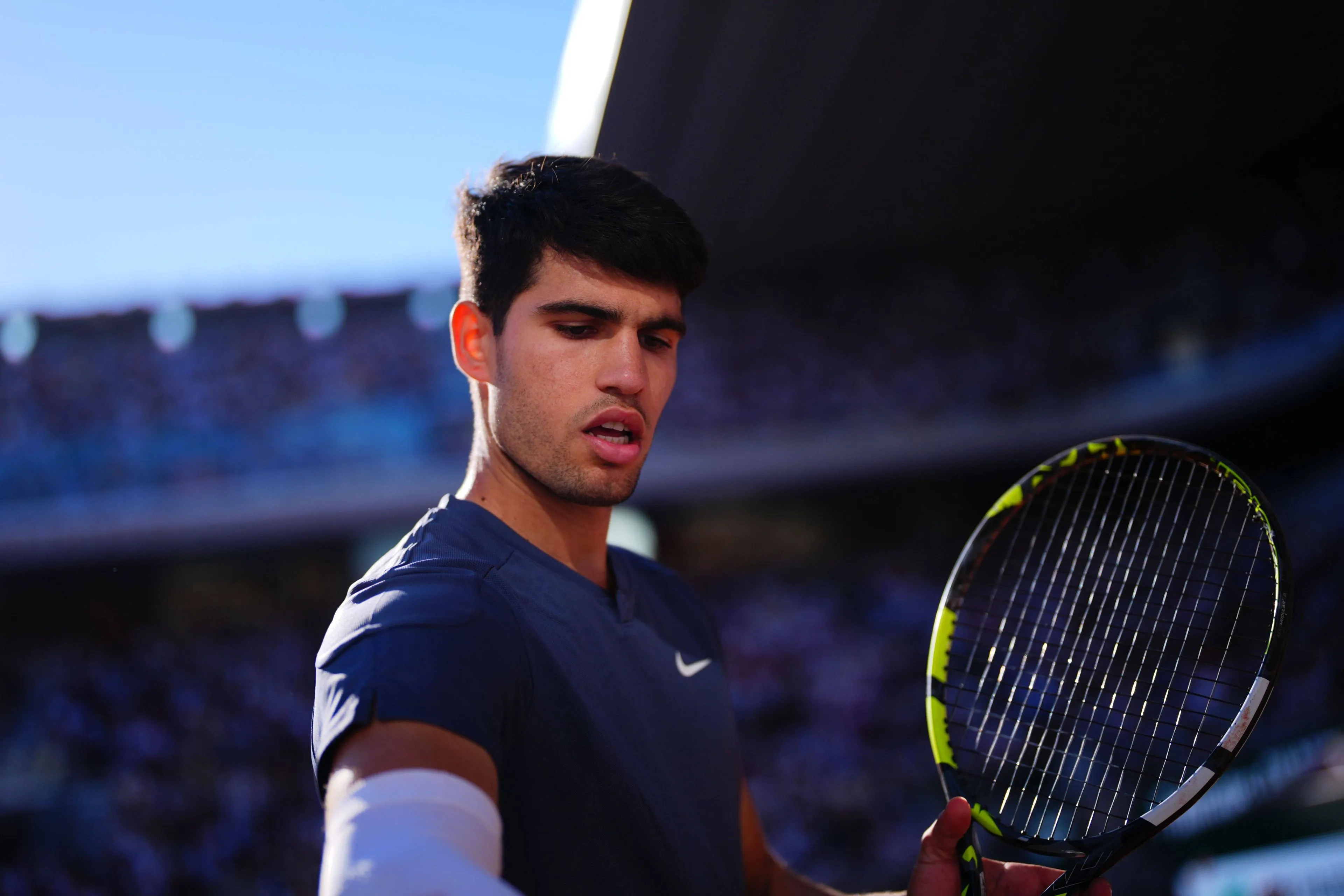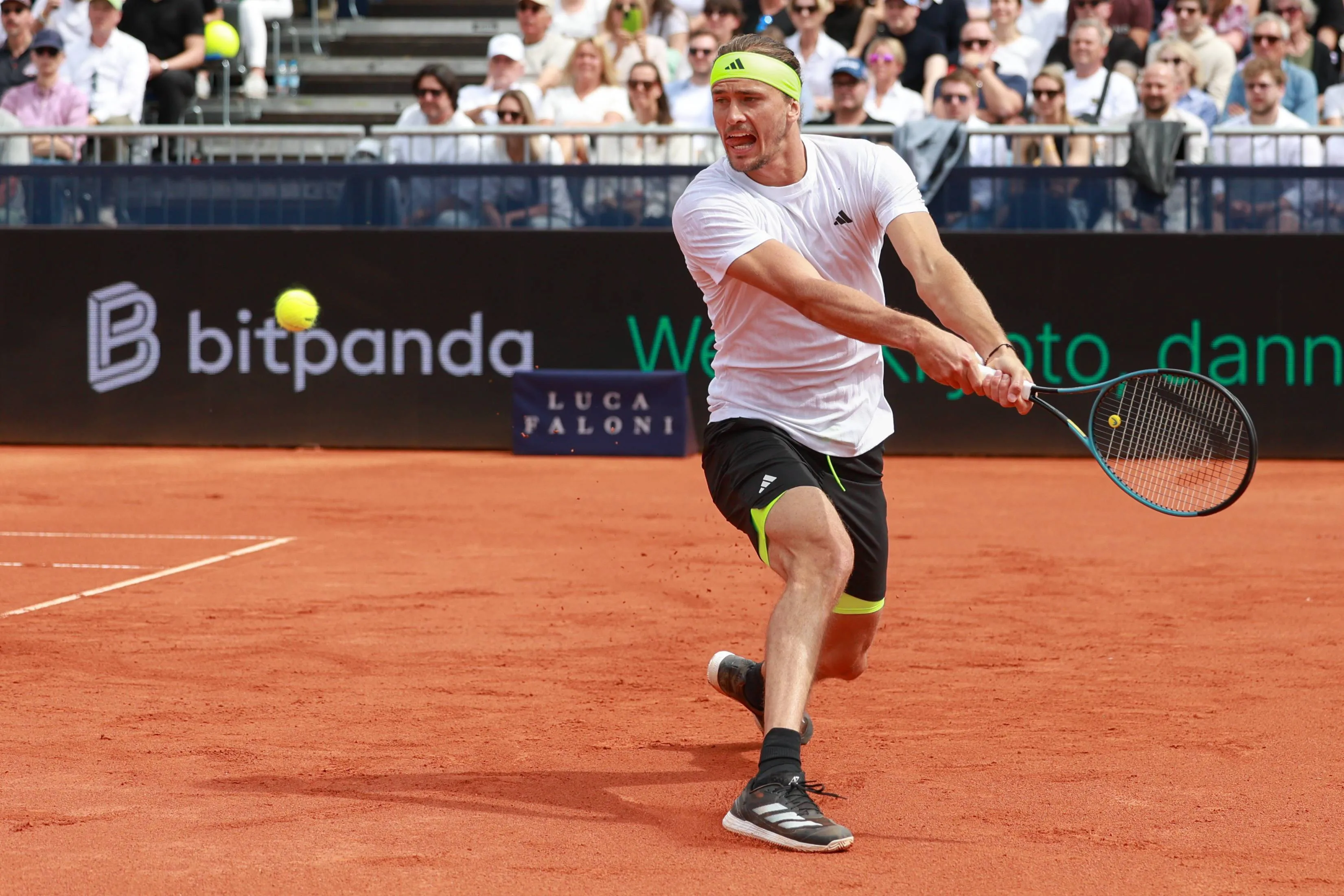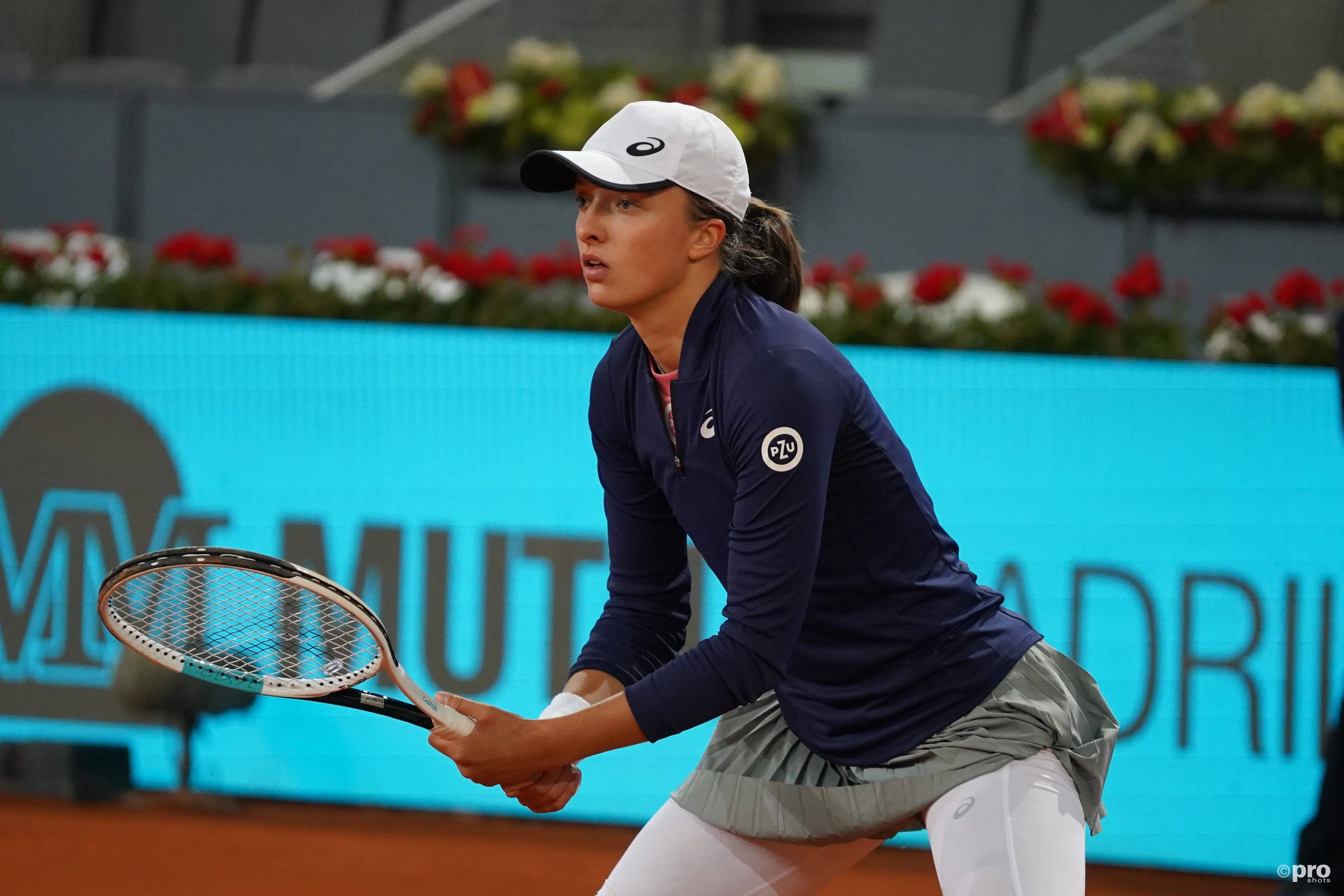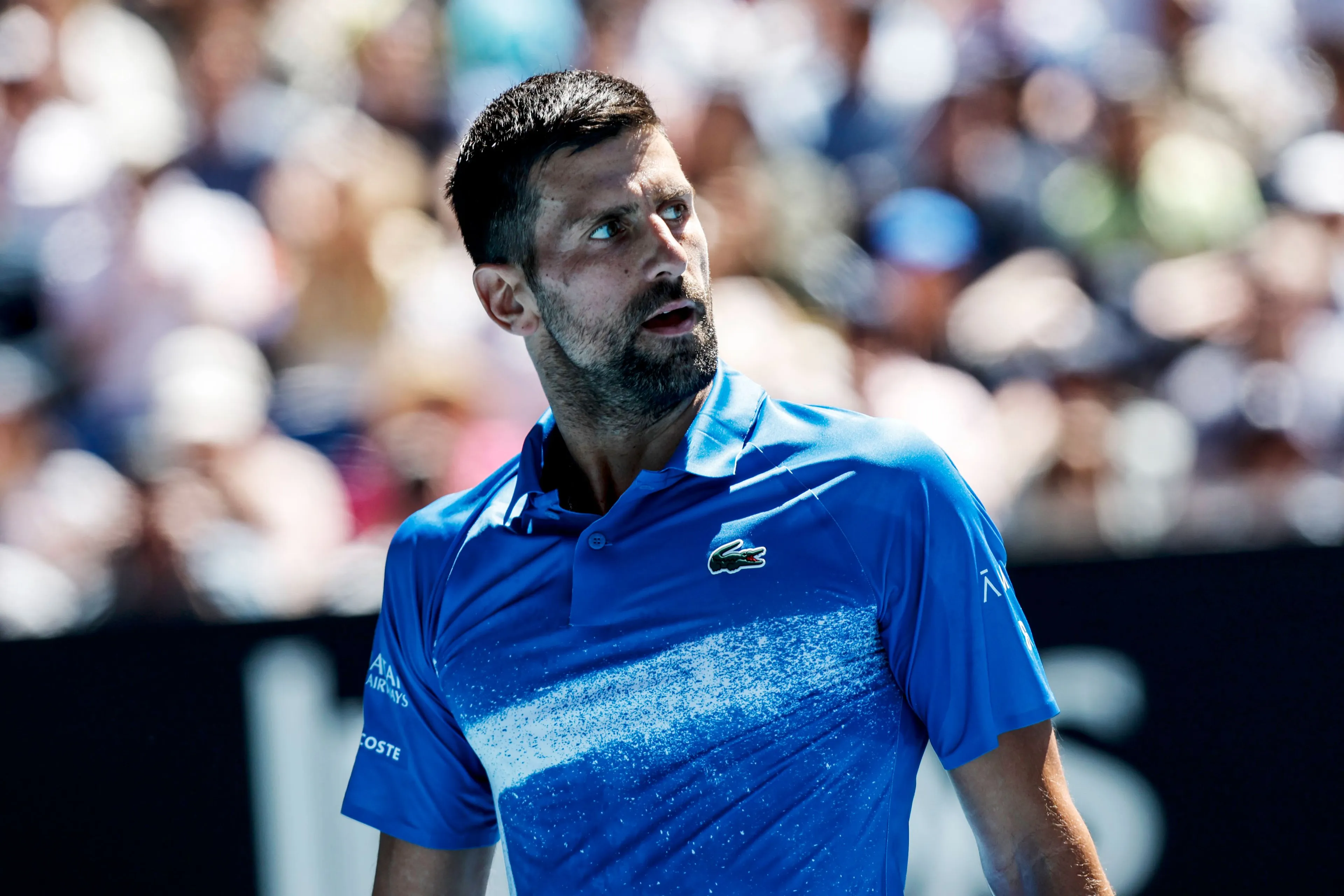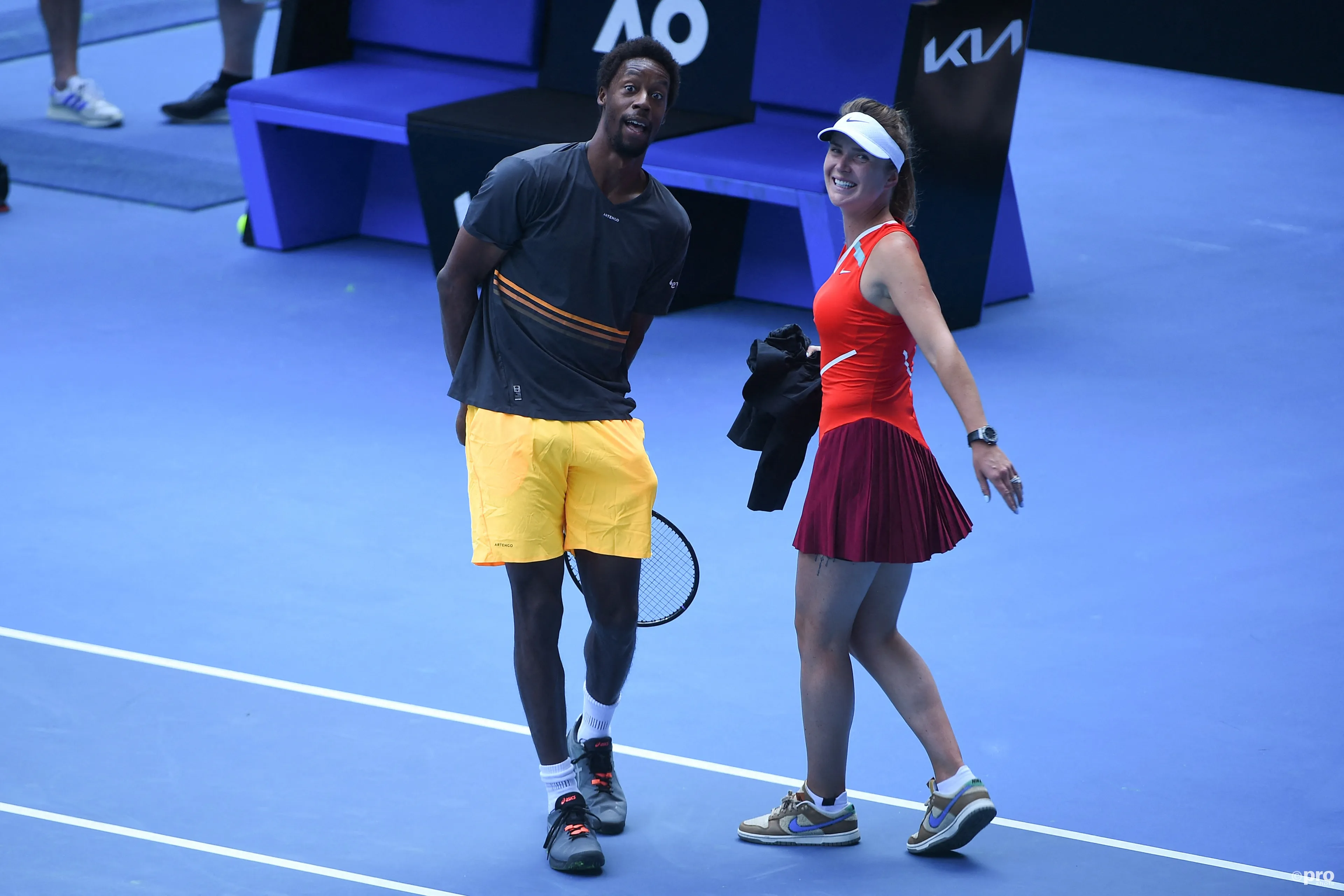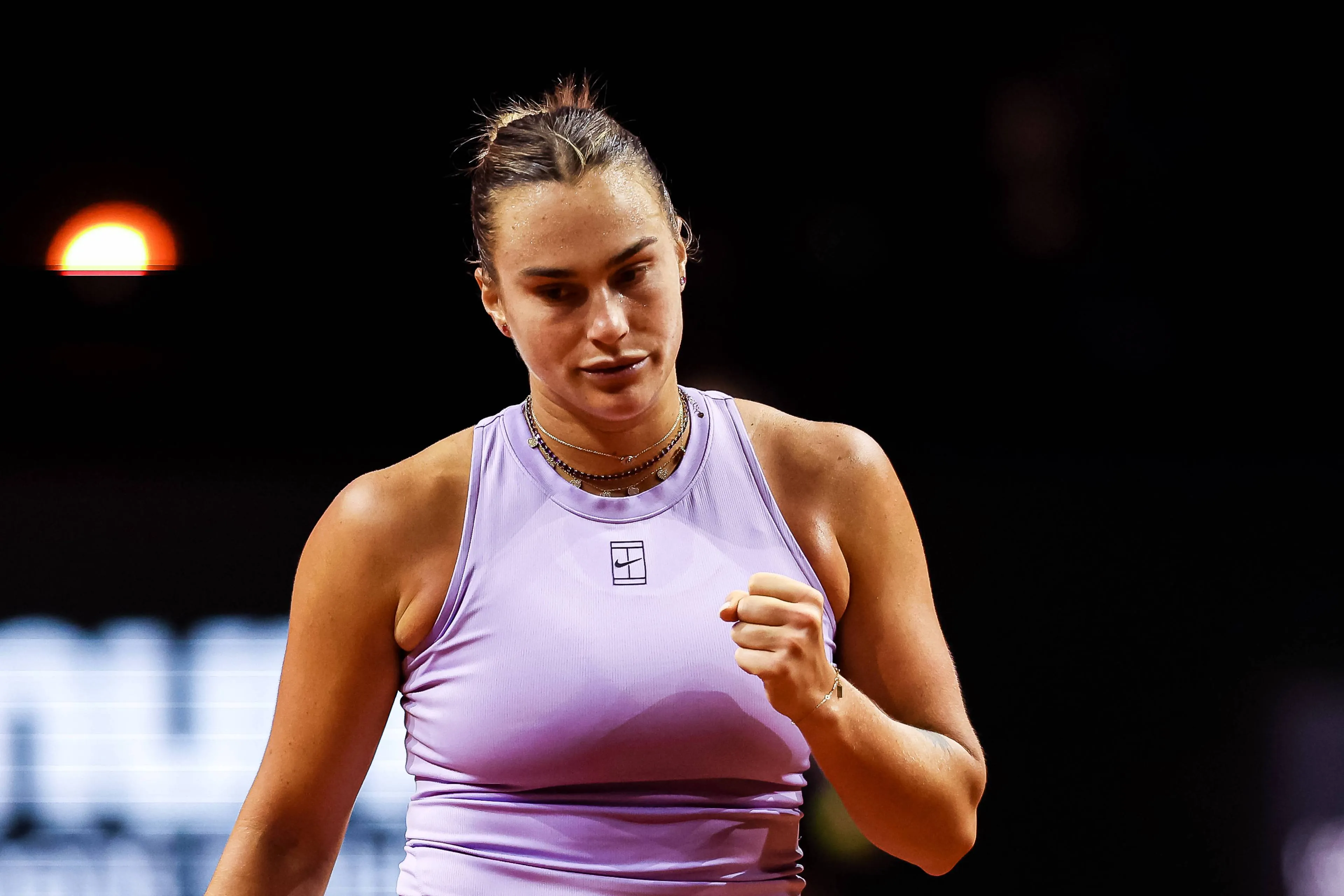Alexander Zverev and then? Becker and Rittner analyse the plight of German Pro Tennis
ATPSaturday, 15 June 2024 at 22:51
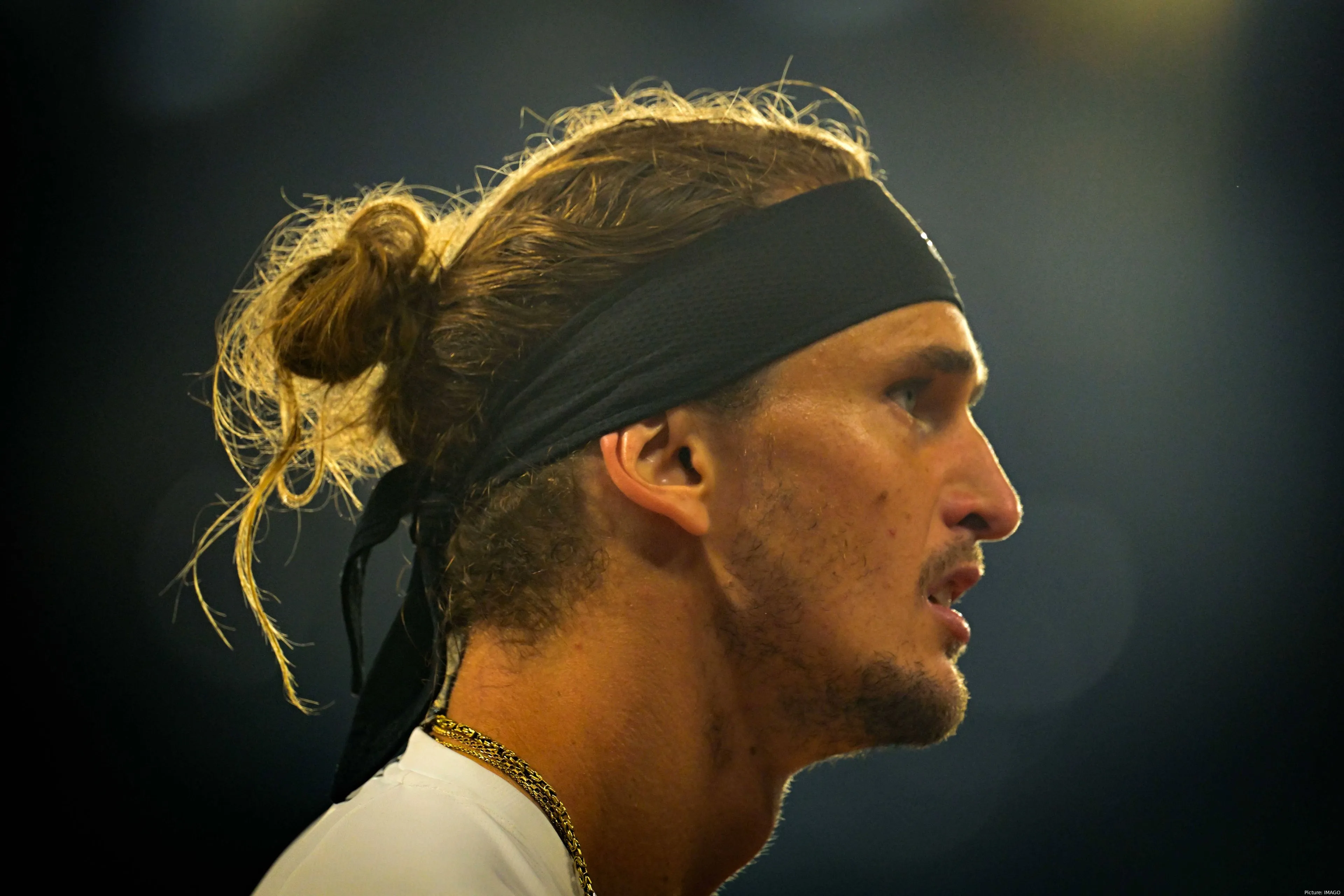
Alexander Zverev has
given tennis Germany a moment of glory by reaching the final at the French
Open. Not much was missing for the DTB's first Grand Slam title in the men's
singles for 28 years. However, Zverev's fantastic development is diametrically
opposed to that of German professional tennis. Because there is a huge gap
behind the Hamburg native. There is a need for action.
Alexander Zverev - and then?
If you look at the
first two Grand Slam competitions of the season, the answer can only be: not
much! Ten German professionals - five women, five men - competed at the
Australian Open. Half of them were eliminated in round one and Zverev was alone
from round three onwards. It was a similar picture at the French Open recently.
There were seven men and six women in the main draw at Roland Garros. Only
Jan-Lennard Struff, Tamara Korpatsch and Zverev got past the first hurdle. From
the round of 16 onwards, only the Olympic champion from Hamburg represented the
German colours.
Read also
The fact that Zverev
played a fantastic tournament, dominating clay court king Rafael Nadal at the
start and only losing to Carlos Alcaraz in a thrilling final match, was a
tennis feast for Germany. At the same time, the 27-year-old's performance
glossed over a lot of the problems at the German Tennis Federation (DTB).
"I'm worried," admitted Boris Becker in an interview with Eurosport.
There is "a big gap" behind Zverev. The realisation is not new, the
negative development has been observable for years - and it stood out because
the drop was glaring.
A look at the world rankings reveals the misery
Between 2013 and 2018,
there were five women's singles Grand Slam finals with German participation and
three titles won by Angelique Kerber. Four players (Kerber, Sabine Lisicki,
Andrea Petkovic, Julia Görges) made it into the top 10 of the world rankings in
these years. However, there are currently no Germans in the top 50 of the WTA
rankings.
Things are looking
better for the men, who lagged behind the Kerber generation in the "golden
years". Zverev is in fourth place, Struff in 35th, but the truth is that
Germany has only one professional tennis player in the top 100, Jule Niemeier,
who is younger than 25 - including men.
There are difficulties
with the 18 to 21-year-olds, says Becker: "If they come from the youth
sector, I don't see enough good players who can assert themselves."
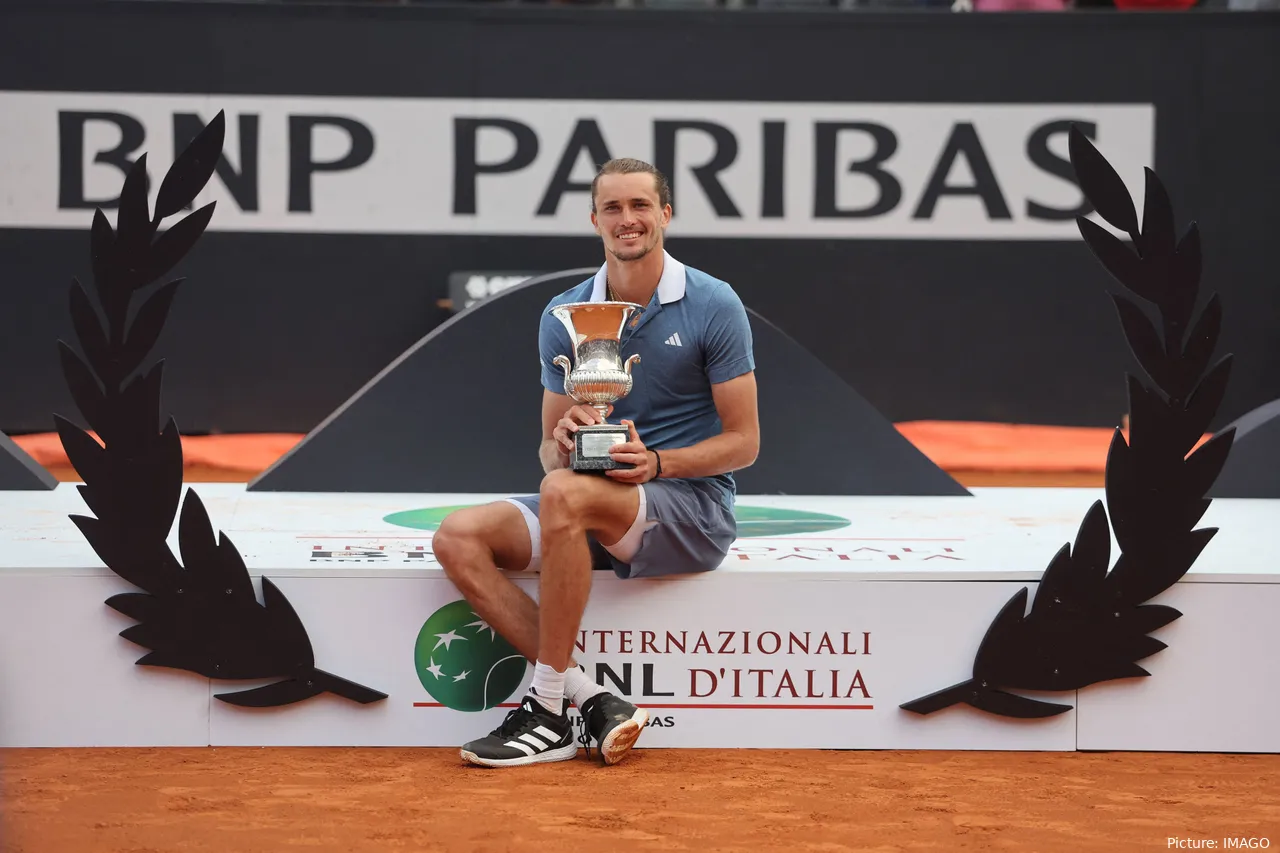
Alexander Zverev with the Rome Open trophy.
DTB counteracts this with a competitive sports concept
Given the current
overall situation, the poor result at Roland Garros was to be expected.
"The performance of the German women at the French Open was not
satisfactory. It once again clearly shows the necessity of our new competitive
sports concept," said the German Tennis Federation (DTB) in response to a
Eurosport enquiry. For the men, the performance in Paris was "positive
overall".
After all, five
professionals had advanced to the second round and thus surpassed last year's
result. The aforementioned competitive sport concept could be the key to
heralding a turnaround in German tennis. "The approach is good, I worked
on the concept myself.
Seven main points were defined. These include
the tournament landscape, tournament support and the role of the national
coaches," explained Eurosport expert Barbara Rittner, who was in charge as
captain of the Fed Cup team, national coach and Head of Women's Tennis from
2005 to 2024.
A "great
concept" with a clear strategy had been drawn up, but: "Now it's all
about implementation. In my time, this is the third concept we have developed
at the DTB. The problem is that they are sometimes implemented more, sometimes
less. You can't develop a player on the drawing board. It has to happen on the
court. You can have the best concept in a drawer ... you have to implement
it," demands the 51-year-old, hinting that this is where the problem lies.
Read also
Becker: "For me, it's not a question of money"
Becker would also like
to see more intensive involvement of former professionals, including himself.
"I was already team manager and Head of Men's Tennis, but I stepped down
for personal reasons. For me, it's not a question of money, I did it on a voluntary
basis back then and would do it again," emphasises the six-time Grand Slam
tournament winner.
Together with Dirk Hordorff, who has since passed away, he
came up with a number of ideas to initiate a positive trend. "Last summer,
the new DTB President, Dietloff von Arnim, approached me. He would like to talk
to me about whether I could imagine being involved again. "I'm still
waiting for that conversation today," says Becker. Nevertheless, von Arnim
has since contacted the 56-year-old. A first step.
Read also
Boris Becker brings Stich and Graf into play
However, Becker would
also like others to do more. "Rainer Schüttler is doing the Fed Cup.
That's two or three weeks a year. That's it. Andrea Petkovic worked 30 days for
the DTB last year. That's not enough. We have a Wimbledon winner Michael Stich,
a Wimbledon winner Steffi Graf. We have Philipp Kohlschreiber, who has only
just retired. Angie Kerber will have to be addressed at some point when she is
no longer playing actively," says the man from Leimen, who triggered a
tennis boom in Germany in the 1980s.
Rittner agrees, but
also points out the different roles of those involved: "The coaching job
is clear. You're on the court day after day. Ex-professionals don't normally
want to do that. Andrea Petkovic, on the other hand, is a mentor at the DTB. I don't
think 30 days is enough. So far this year it's ten to twelve days."
Rittner emphasises that Petkovic is "so valuable" for the DTB.
Nevertheless, the
intensity of the coaching is crucial. "It's important to build up a close
relationship. These are young people who also need to be guided, who need a
carer." This is all in the new concept, which was developed at the end of
2023.
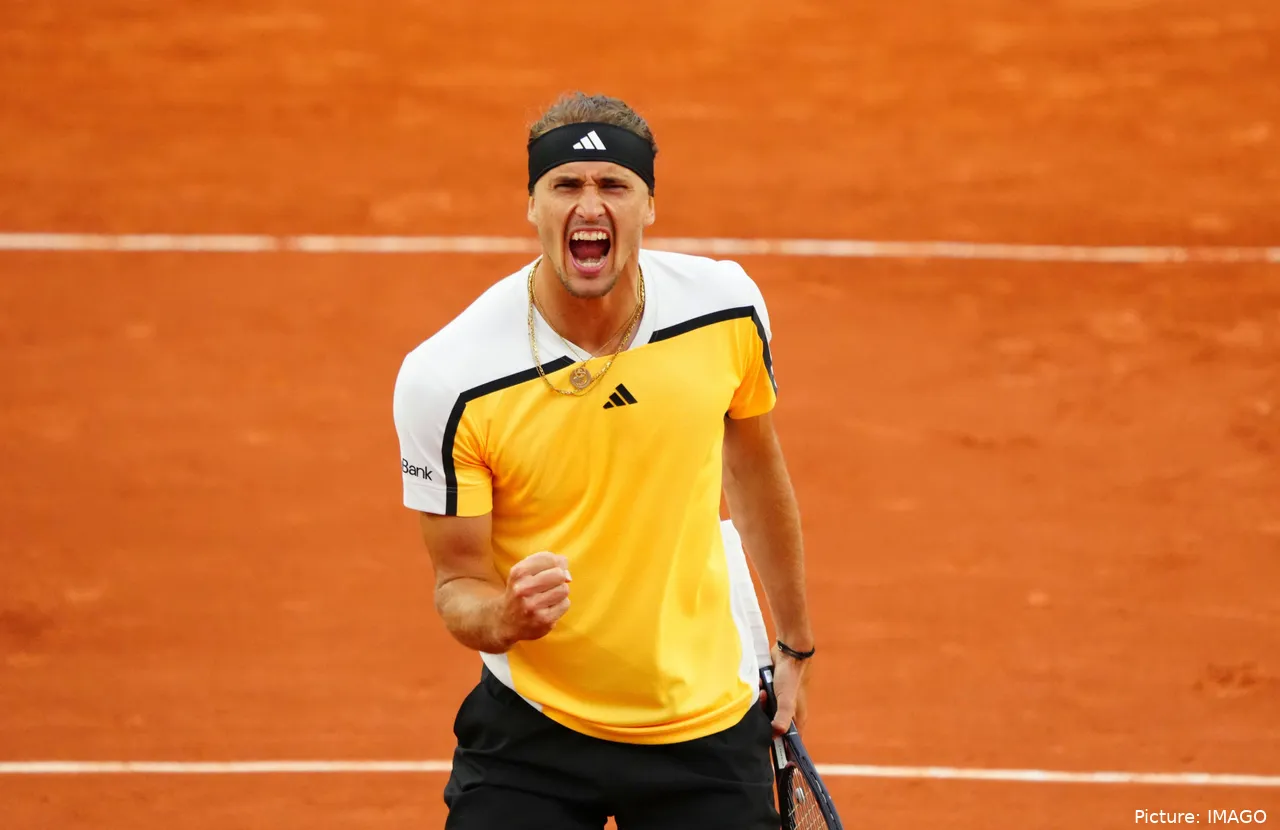
Alexander Zverev at Roland Garros.
DTB gets specific: more professionals in the top 100
Those responsible did
not shy away from setting specific targets. By 2027, the DTB wants to have at
least five professionals in the top 100 for both men and women. In the range up
to rank 500, there should be six each who are under 23 years old. It also wants
to see one player in the round of 16 at every Grand Slam event.
Two Olympic medals are
expected in 2028, and up to ten women and men should have reached the top 100
in the world rankings by 2032. Ten talents in the U21 age group are expected to
be among the top 400.
Digital schooling "not an option" for German talent
These are ambitious
targets. Knowing full well that Germany is at a competitive disadvantage
compared to some other nations in one important area. It's about the school
system. "Digital schooling exists abroad. Coco Gauff says that she hasn't
been to school since the age of twelve," says Rittner. This allows young
professionals to travel the world all year round, take part in tournaments and
still complete their schooling.
Read also
And in this country?
"Exclusively digital schooling is not an option in Germany due to the
education system," says the DTB. "But I expect the people in the
association to get to grips with it and push the issue," Rittner counters.
The coaches' hands are tied when it comes to this issue. The low-pressure area
that has settled over German tennis will not move on any time soon in view of
the wide range of problems. Patience is required - and as long as that is the
case, the hopes for the really big successes rest solely on the shoulders of
Alexander Zverev.
claps 0visitors 0
Just In
Popular News
Latest Comments
- Keep avoiding anti-Social Media, do your best to ignore loser sports writer's questions, and just do your own thing.
 mandoist24-04-2025
mandoist24-04-2025 - Let's face it, Saba is not the sharpest tool in the tool shed. Her sarcasm / passive agressive nonsense has always been annoying. Granted, attempting humor in another language is tough but she truly sucks at it.
 mandoist24-04-2025
mandoist24-04-2025 - Well, that was ... all about nothing. Every excuse and future workout plan mentioned should have been dealt with a long time ago. R.I.P., Mark Petchey.
 mandoist22-04-2025
mandoist22-04-2025 - I hope Marion Bley is the Chair Ump for the Final. It would be Karma Served for Saba after her disrespectful 'performance' in the semi.
 mandoist21-04-2025
mandoist21-04-2025 - Coco needs to stop the Williams Hero Worship and play like 'Coco'.
 mandoist19-04-2025
mandoist19-04-2025 - Didn't expect issues between these two...SakkariFan2318-04-2025
- Send her a crate of deodorant DoveSakkariFan2318-04-2025
- Good to see, hopefully Sakkari can return to the form she deserves.SakkariFan2318-04-2025
- Shame no play on Friday but some line-up incoming..SakkariFan2318-04-2025
- Zverev's reaction lacked a bit of class this time around. He handled it better in Australia.MrAndreeva18-04-2025
